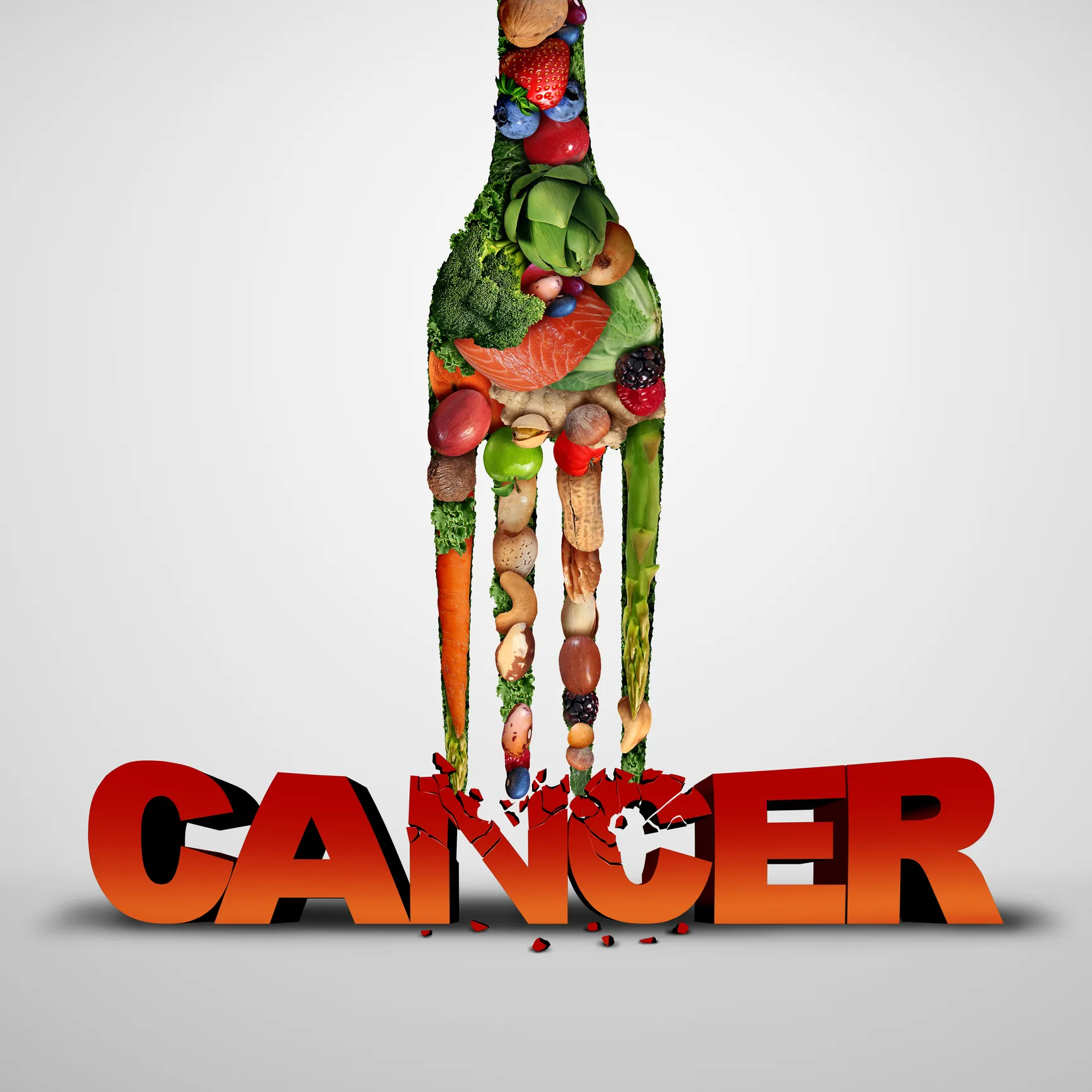Understanding Chemotherapy's Nutritional Demands
Chemotherapy can significantly impact the body's ability to process and absorb nutrients.
Patients may experience side effects such as nausea, vomiting, and changes in taste, affecting their ability to eat and maintain a balanced diet.
Energy and protein requirements may increase to help repair tissue and maintain muscle mass.
Managing side effects through dietary adjustments can improve the ability to consume necessary nutrients.
Consultation with a healthcare provider or dietitian is crucial to address individual dietary needs and manage side effects effectively.
Hydration is Key
Hydration plays a crucial role in managing the side effects of chemotherapy and maintaining overall health. Adequate fluid intake helps flush toxins from the body, alleviates symptoms of nausea, and prevents dehydration, a common concern during chemotherapy due to side effects like vomiting and diarrhea.
Drinking enough water, along with consuming hydrating foods such as fruits and soups, can also help keep the mouth moist, combating the dryness often caused by treatment. Staying well-hydrated supports bodily functions, aids in digestion, and can even improve energy levels, making it a key component of care during chemotherapy.
Power Foods for Chemotherapy Patients
Foods high in protein such as lean meats, beans, and nuts are crucial for tissue repair and immune system support.
Antioxidant-rich fruits and vegetables, like berries and leafy greens, help combat free radical damage.
Whole grains provide essential B vitamins and fiber, aiding in digestion and energy levels.
Healthy fats from avocados, olive oil, and fish support overall health and aid in nutrient absorption.
Staying hydrated with water, herbal teas, and clear broths is essential to help manage chemotherapy side effects and maintain overall health.
Navigating Nausea and Appetite Loss
Navigating nausea and appetite loss during chemotherapy can be challenging, but there are strategies to help manage these side effects. Eating small, frequent meals instead of large ones can ease digestion and make food more appealing. Opting for bland, easy-to-digest foods can also mitigate nausea. Ginger and peppermint are natural remedies known to soothe the stomach.
Keeping well-hydrated and avoiding strong odors that can trigger nausea are additional helpful tactics. In some cases, doctors may prescribe medications to help control these symptoms, ensuring that patients can maintain their nutritional intake despite the challenges posed by chemotherapy.
The Impact of Nutrition on Treatment Efficacy
Proper nutrition during chemotherapy can significantly impact treatment efficacy. A balanced diet supports the body's immune system, enhances the ability to tolerate treatment, and aids in the repair of normal tissue damaged by chemotherapy. Nutrient-dense foods can also help manage side effects, improve energy levels, and contribute to a faster recovery. Ensuring adequate intake of vitamins, minerals, proteins, and calories is crucial, as nutritional deficiencies can delay treatment or reduce its effectiveness.
The Role of Dietary Supplements
Supplementing Nutrients: Supplements can help fill nutritional gaps, especially when dietary intake is insufficient.
Professional Consultation: It's crucial to consult with a healthcare provider before starting any supplements to avoid interactions with chemotherapy.
Targeted Support: Specific supplements might be recommended to address deficiencies or bolster the immune system.
Quality Matters: Choosing high-quality, verified supplements is essential for safety and efficacy.
Meal Planning and Preparation Tips
Meal planning and preparation can help ensure that chemotherapy patients maintain a nutritious diet despite challenges like appetite loss or fatigue. Planning meals in advance, focusing on simple, nutritious recipes, and preparing meals when energy levels are higher can make a significant difference.
Storing easy-to-eat, healthy snacks and meals in the refrigerator or freezer can provide quick options. It's also beneficial to incorporate a variety of foods to meet nutritional needs and prevent palate fatigue. Seeking assistance from family or friends for meal preparation can provide additional support.
Foods to Avoid During Chemotherapy
Raw and Undercooked Foods: To reduce infection risk, avoid sushi, rare meats, and unpasteurized dairy.
Certain Supplements and Herbs: Some can interfere with treatment; always consult with a doctor before use.
High-Fat and Greasy Foods: These can exacerbate digestive issues common during chemotherapy.
Excessively Sugary or Salty Foods: Can contribute to dehydration and poor nutritional status.
Alcohol: Can interfere with medications and exacerbate side effects.
Seeking Professional Guidance
Consulting with healthcare professionals, especially dietitians experienced in oncology, is crucial when undergoing chemotherapy. They can provide tailored nutritional advice, taking into account individual treatment plans and side effects. This guidance ensures dietary choices support treatment efficacy and patient well-being. Professionals can also monitor nutritional status, making adjustments as needed, and offer strategies to manage side effects impacting food intake.
Post-Chemotherapy Nutrition
Nutrition post-chemotherapy focuses on recovery and rebuilding strength. A balanced diet rich in fruits, vegetables, whole grains, and lean proteins can aid in repairing the body and boosting the immune system. It's also a time to gradually reintroduce foods that may have been avoided during treatment. Continued hydration and, if needed, nutritional supplements can support ongoing recovery. Consulting with a dietitian can help transition to a long-term healthy eating plan.
Conclusion
Navigating the journey of chemotherapy involves understanding its complexities and embracing the support system around you, including the expertise of chemotherapy doctors in Hyderabad. These medical professionals play a pivotal role in providing comprehensive care, leveraging their knowledge and compassion to guide patients through the challenging terrain of cancer treatment.
In the heart of Hyderabad, a beacon of hope shines bright for those seeking the best cancer treatment in Hyderabad. The healthcare sector in the city is defined by its unwavering commitment to excellence, ensuring that patients benefit from the latest advancements and achieve optimal outcomes. This focus on high-quality care is part of a larger mission to enhance the lives of individuals battling cancer, establishing Hyderabad as a source of hope for many.

